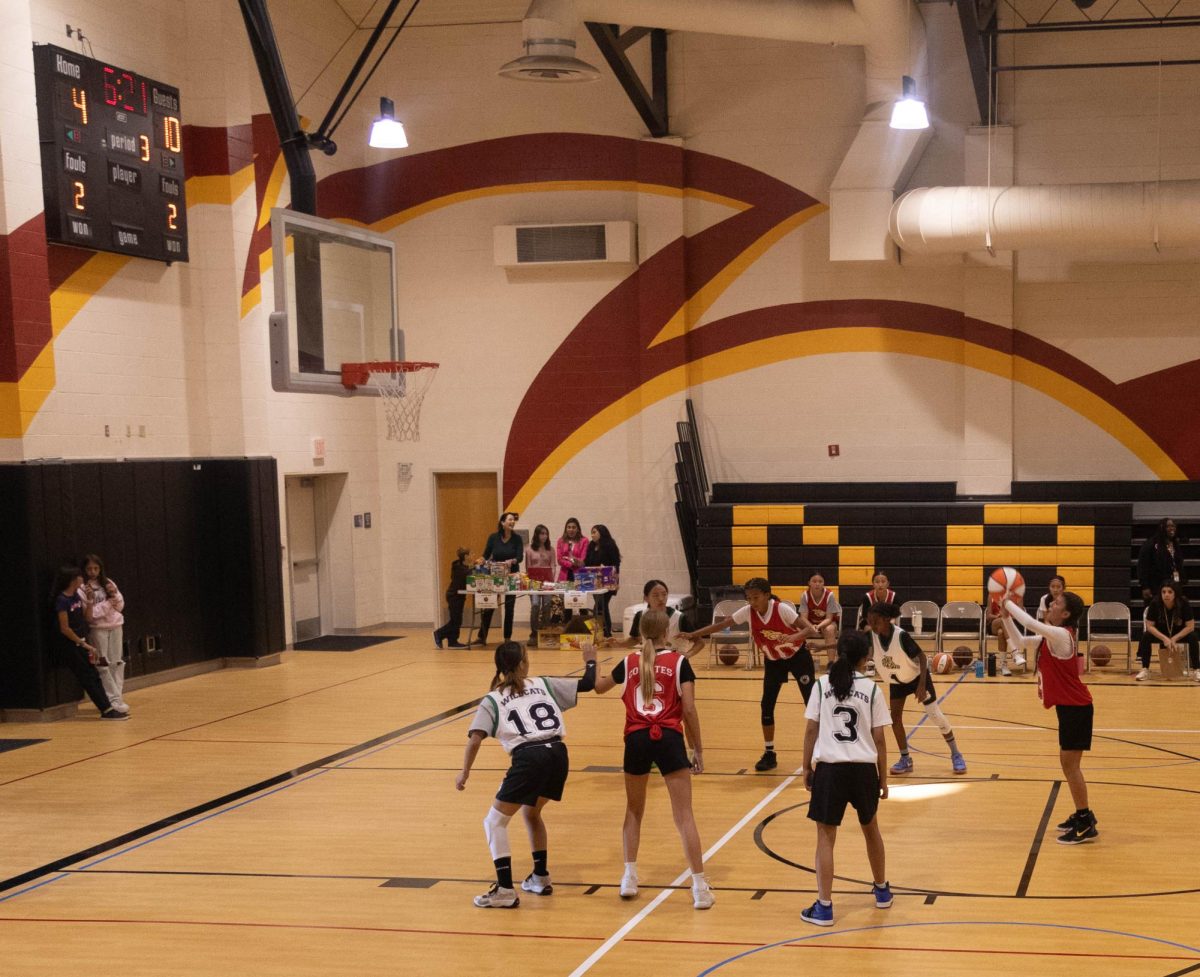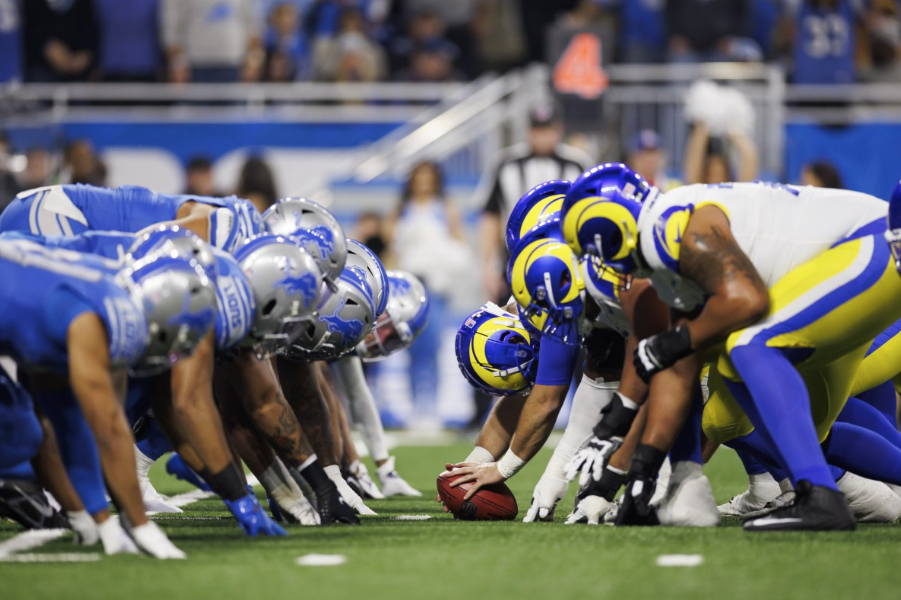It’s no joke that teens in 2024 have plenty on their plate. Calendars are often full with everything from school, sports, faith-based activities, music lessons and more.
In a recent 2024 survey targeted towards teens aged 13-17, the American Psychological Association reported that 7 out of 10 teens in the US face a stress level of 5.8, nearly 50% higher than the average adult’s stress level.
Sometimes it just feels like it’s all too much.
“The homework and long practices that I get, they all just add onto the stress of being an athlete,” said Robert G.
So maybe teens should let something go. And maybe that something is sports. Afterall, competition requires hours of practice during the week and games are almost a certainty each weekend.
Time management is tricky, especially when teachers pile on the homework, projects, and preparing for tests. Sometimes the workload is so heavy that students can’t go practice or prepare for a big competition. And we all know what happens when an athlete doesn’t prepare properly. They freeze up!
“I can’t do homework because there is practice everyday of the week except for Friday. But I never have time on that day because I have to watch my two brothers,” said Tyler T.
So sports should be the first to go, right? Wrong. Even with a lot of assignments, student-athletes are actually at their academic best during their season, as they are forced to find a way to manage their schedules.
According to a study conducted by Northwest Missouri State University the average GPA for athletes is 3.56, while non-athletes have a 3.4, which is noticeably lower than their peers in sports.
It may sound counterintuitive, but it’s actually better to have the extra commitment with the added expectations.
“During swim season my grades were better than out of season, and I can actually focus more which is surprising because we have a lot of competitions and practice,” said Brandon R.
That may lead some to wonder if kids with failing grades should jump into a sport to raise their grade? Nope. A student who’s failing has a far different problem. Dropping a sport into an undisciplined schedule won’t impact much of anything.
“The mindset of kids with failing grades is that they will take their time to do their work, while the mindset of an elite athlete is to be urgent and get everything done before they can go to practice which makes your grade insanely better. Kids with failing grades need that type of mindset before going into a sport. It’s one way or the other,” said Harrison P.
With multiple assignments and a mature mindset, student-athletes find it necessary to identify a way to overcome potential anxiety while managing a demanding schedule, perhaps going out for a run or meditating to find a little focus.
“Sometimes, if I ever just feel the stress from my sport and it becomes overwhelming, I would go out for a jog just to clear my mind and escape [reality],” said Dustin H.
Student-athletes are almost guaranteed a stressful middle school experience, yet sports may actually be the solution within a jam-packed schedule. The required discipline brings focus on work building a better all-around schedule.
All of this asks teens to wrestle with the perfect balance. When is enough just right?



















